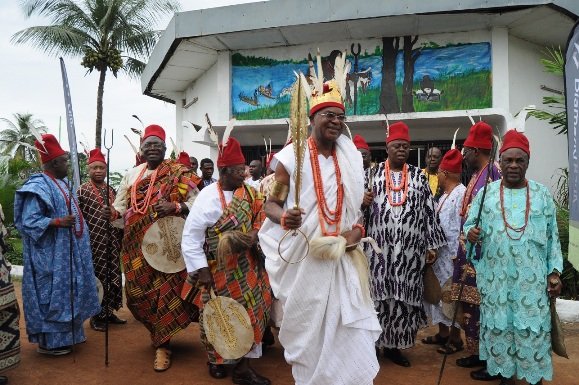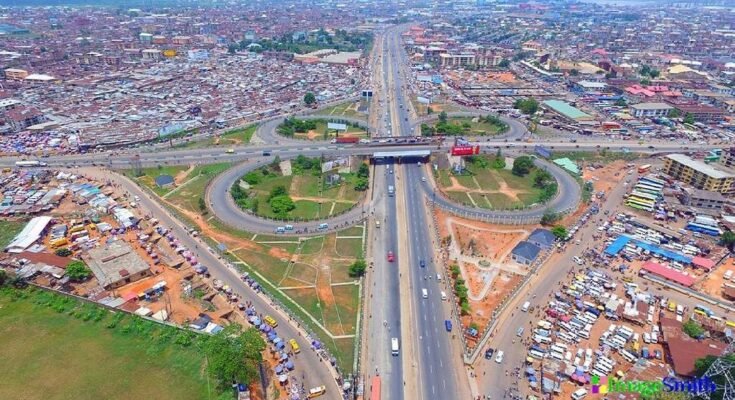In April 2024, I wrote an article, “Is Onitsha the Extravagance Capital of Nigeria?” which was published on local and national media platforms. It was a passionate plea for elite lifestyle moderation in my country, using my hometown as a case study, especially in the face of rising mass poverty. To my surprise, the article generated a media storm which lasted for weeks, with countless rejoinders on either side of the debate. Recent reports coming out of Onitsha suggest that some baby steps may have been taken to address some of the concerns identified in that media storm – the goal being to channel more resources away from consumption and towards sustainable community development.
Particularly worthy of note is a new directive from the stool of the Onitsha monarch, Obi Nnaemeka Achebe, regarding those taking the Nzele, Ozo and Odu titles in the town. They are now to pay significantly higher levies which will go directly towards the development of the town. A new 12 member Onitsha Development Trust Fund will manage the process.

This is a masterstroke from an enlightened leadership with an ear to the ground and an eye on the future. It is a form of progressive taxation which takes a higher percentage from the “haves” for the benefit of all. But it is not yet Uhuru. There is now an urgent need going forward to deploy cutting edge management and financial control systems to ensure that there is sanity, accountability and transparency in the way all levies are collected and managed for the common good.
The idea of proper management and financial controls from the get go is not to scare anyone but to monitor the flow of accruing resources and plug possible loop-holes, thus preventing future public loss of confidence in an otherwise well-conceived initiative. Nobody should be afraid of annual audits if their hands are clean.
I am not aware that there are currently enforceable laws and punishments stipulated in Onitsha customs against embezzlement of public funds, Nor am I an expert in how native laws and customs interact with the Common Law of the Nigerian state. Perhaps now is the time to dig up or create appropriate frameworks to ensure that the Trust Fund is not infiltrated by corruption which is pervasive in the wider Nigerian society. Given the caliber of trustees, though, there is reason to be hopeful.
The bottom line is that Onitsha should get its act together and create the kind of society it desires to have; a community future generations would be proud of. Yes, we can. There’s no better time than now to move away from the kind of society we currently have – where people spend and consume without any consideration for the collective future.
In the United States, community leaders build their communities to the envy of others. They do not wait for government.
Government cannot and should not be all things to all people. People living in any community should creatively transform their community by themselves according to their collective vision and for the benefit of future generations.
During his most recent town hall meeting held in Indianapolis, United States, I was in attendance when Agbogodi (the Obi of Onitsha) addressed the Onitsha community in diaspora on the state of affairs back home in his domain. He was highly articulate and detailed in his report about various projects. He reported some of the failed projects as well as the successful projects he was overseeing.
Agbogodi encouraged all, especially those on whom fate has bestowed opportunities for education, global exposure and enlightenment, to continue to engage the homeland with progressive ideas and initiatives. Hopefully, with the right leadership, the Onitsha community will someday soon take its place (once again) as a land of promise. Just as China has been turned into the Promised Land of the 21st century, in the process lifting millions of their citizens out of poverty each year.
If the Chinese can do it, so can we – starting from our own little corner of the globe. Yes we can.
Dominic Ikeogu, a social and political commentator, writes from Minneapolis, USA
![]()



